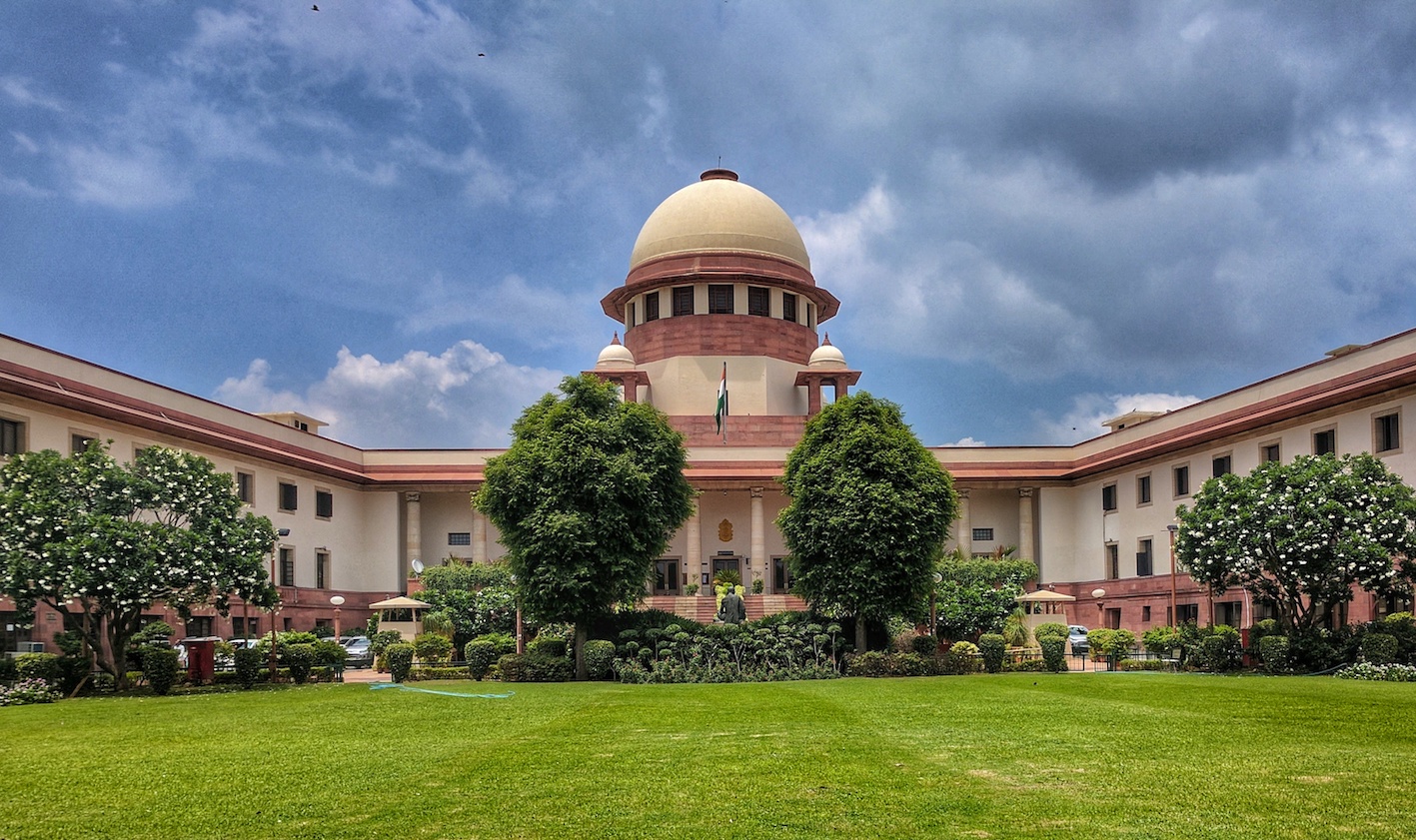Payment of rent by member of Joint Hindu Family, raises no presumption that it is a Joint Family Business: Supreme Court
While addressing a dispute regarding the induction of tenant by the Wakf Board, the Supreme Court held that payment of rent by grandfather or great grandfather cannot raise the presumption that the business being carried on is a joint family business. This judgment was passed in the case of Kiran Devi vs. The Bihar State Sunni Wakf Board & Ors. [C.A.No.6149/2015], by a Bench consisting of Hon’ble Mr. Justice Ashok Bhushan, Hon’ble Mr. Justice S. Abdul Nazeer and Hon’ble Mr. Justice Hemant Gupta.
The present appeal was filed against an order passed by the High court of Patna allowing the writ petition filed by respondent no.4 and holding the tenant in the premises was representing a joint Hindu family and that the karta was not competent to surrender tenancy rights in favour of Respondent no. 1 – the Bihar State Sunni Wakf Board and therefore the induction of the appellant as a tenant by the Wakf board was illegal. Based on the same, direction was issued to dispossess the appellant from the suit premises and handover the vacant possession to the plaintiff. The plaintiff’s grandfather along with others broke the lock and removed the belongings from suit premises. When the father of the plaintiff approached the police and they didn’t register the complaint, it was filed in the court of CJM Patna, which is stated to be pending. Later, the plaint was amended and the present appellant was impleaded as defendant No. 5 alleging that the lease in her favour by the Wakf Board is forged, fabricated, anti-dated and collusive paper.
The Tribunal held that Defendant no.1 was running a hotel business and surrendered the shop to Mutawalli. The High Court on the other handheld that Ram sewak Ram carried out the hotel Business and on his demise r, defendant No. 1 became the Karta and succeeded to joint family business including the suit premises. It was observed that he could not have surrendered the tenancy in favour of Mutawalli on 31.5.1996 without the consent of other members of the joint family. Consequently, the judgment of the Tribunal was set aside, and also a direction was issued to dispossess the appellant from the suit premises and to hand over the vacant possession of the suit premises to the plaintiff.
The Supreme Court after hearing both the parties, relying on its previous judgments and other HC’s Judgments held that the Hindu Law does not presume that a business which is on the name of a member of a joint family or even the manager of that family, is a joint business unless it is proved that the same grew by the joint family property, funds or earnings of that business were with the joint family estate.
On the reasoning of payment of rent, the Supreme Court held that mere payment of rent by great grandfather or the grandfather of the plaintiff can raise no presumption that It was a joint family business. The Court further held that the letter of the surrender of tenancy cannot be held unreliable merely because the signatures in the translated copy do not tally with the Urdu. Furthermore, it cannot be held unreliable on the basis of the statement of the plaintiff who was not even part of the transaction. The supreme court held the letter of the surrender of tenancy document was validly proved and accepted by the Wakf Board. Therefore, the same was for the benefit of the Joint Hindu family.
The Supreme Court concluded by holding, “The order of the High Court is set aside and that of the Wakf Tribunal is restored with no order as to costs.”

